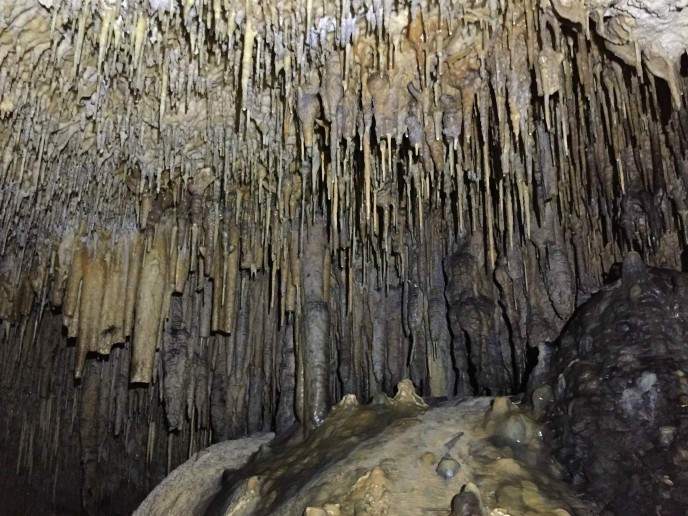Protected fish reserves to boost ecosystem
Sea conservationists, keen to combat the radical decline in fish numbers sought to implement a programme of marine protected areas (MPA's) that would, in theory, prevent the loss of natural marine habitat and thereby restore fish populations to acceptable numbers. The ECOMARE project initialised studies in a multitude of areas to better understand the necessity and the impact MPA's would have on marine ecology. They looked at factors that human interference such as multiple fishing activities, diver frequency and mooring on coral reefs would have on habitat structures, grazing, population dynamics, fish assemblages and algae abundance. The primary discovery of the ECOMARE project indisputably determined that reducing or prohibiting fishing in MPA's lead to a marked improvement in both habitat and fish populations. However, further analysis was necessary to understand whether protected reserves of this sort can contribute to the sustainable exploitation of marine life beyond MPAs. Regardless of their impact, it was clearly understood that marine exploitation would have to be limited by an integrated management plan that would involve comprehensive changes. Control measures would have to address such issues as restricting the number of annual fishing days, size and number of fishing vessels and type of marine life exploited during certain seasons only. It foresaw the need to ban the use of harmful tools such as artificial trawler “reefs” and drift nets and the prohibition on certain fishing techniques such as trawling within the isobar area. Primarily, the ECOMARE project sought to address the larger socio-cultural impact of these changes and the broad complexity of the entire fishing industry. As complex as the problem is, it is vitally important to disseminate the information in order to instigate the use of this research to ensure marine-life preservation, and in this regard the ECOMARE project will undertake dissemination with contracted partners who seek to preserve a balanced ecosystem by promoting healthy marine reserves.







